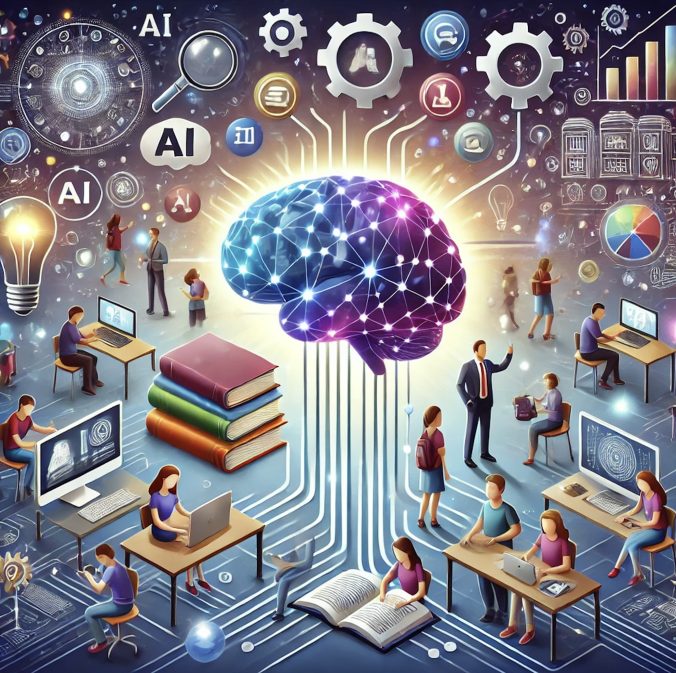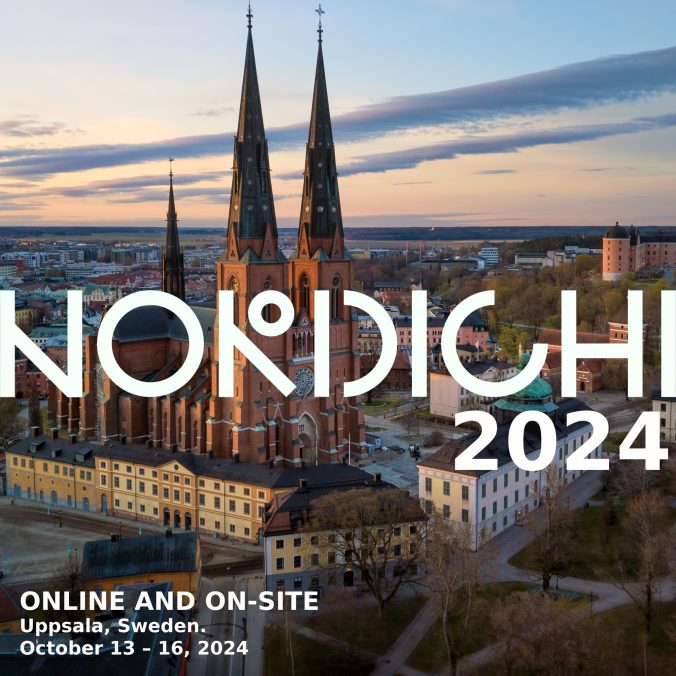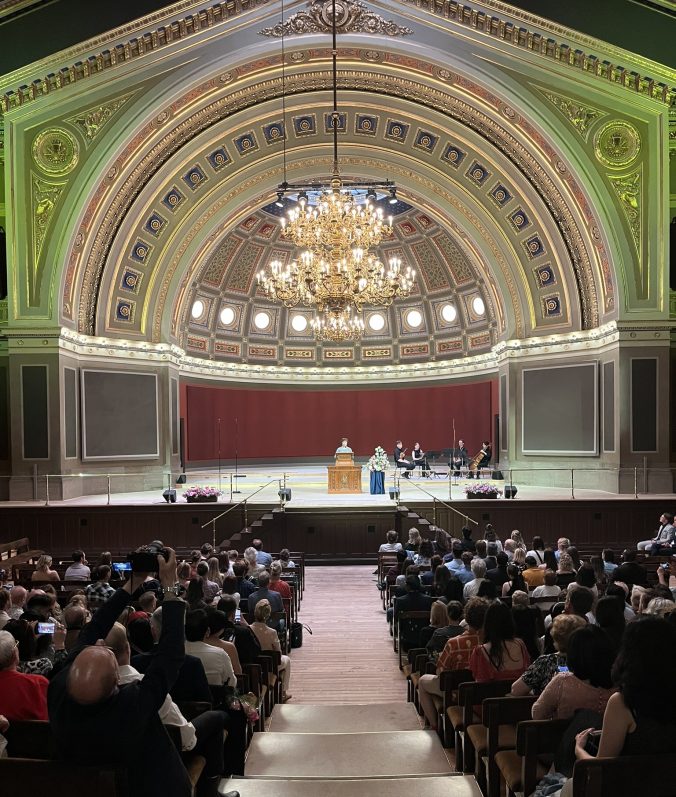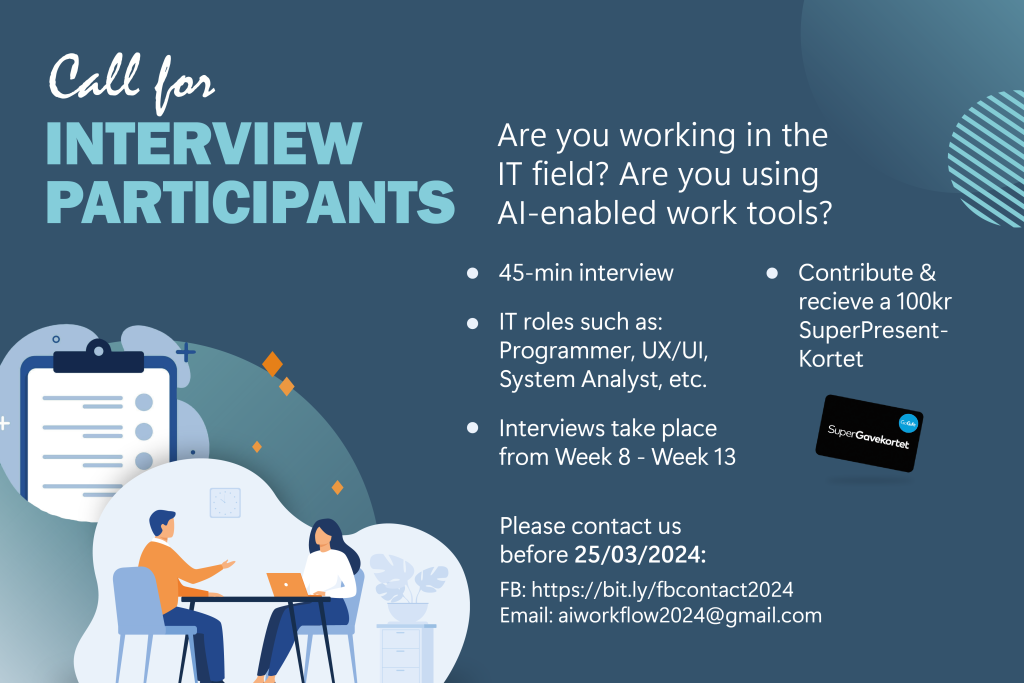Artificial Intelligence (AI) is transforming industries, workplaces, and education systems at an unprecedented pace. In response to this rapid evolution, the EDU-AI project was launched to explore and guide the integration of Generative AI into computing education. This initiative addresses questions about how AI impacts professional competencies, student learning experiences, and teaching practices.
In this blog post, we highlight key findings and ongoing research from EDU-AI, organized into four main areas of focus. These cover the influence of AI in the IT industry, students’ use of AI in their education, AI-driven teaching strategies, and comprehensive recommendations for future integration of AI into educational practices.
AI’s Role in the IT Industry
One of the project’s major areas of focus is understanding how professionals in the IT industry engage with Generative AI. An extensive literature review on AI and human-computer interaction has been submitted for publication (Humble & Cajander, Submitted), alongside another study examining the environmental sustainability of AI (Humble & Mozelius, Submitted).
The project also involved interviews with over 50 professionals from Sweden and New Zealand, providing insight into how AI is reshaping their work. These findings have already been presented at international conferences, with additional publications forthcoming (Cajander et al., 2024). These contributions are vital to understanding AI’s evolving role in workplaces and its implications for computing education.
Exploring Students’ Use of Generative AI
Another important focus is understanding how students perceive and utilize Generative AI in their educational journey. A focus group study will be conducted in the fall semester of 2024, involving Bachelor’s and Master’s level students in computer science.
A significant insight from the project so far is that while AI has the potential to support learning, it also raises concerns about student cognitive load. A study on this topic has been accepted for presentation at the Swedish Cognitive Science Society (SWECog 2024) conference (Humble & Mozelius, 2024). In addition, a study examining how students use AI in software engineering education was presented at the Conference on Software Engineering Education and Training (Yabaku & Ouhbi, 2024).
Teaching with Generative AI
AI not only impacts students but is also transforming teaching methods. The project explores the perceived strengths, weaknesses, opportunities, and threats (SWOT) of integrating Generative AI into higher education. A manuscript on these findings is planned for submission in fall 2024.
This research is expected to offer valuable guidance for educators, helping them to effectively integrate AI tools into their curricula and prepare students for an AI-enhanced future.
Synthesizing and Providing Recommendations
The final aspect of the project will synthesize all the findings from the previous areas and provide practical recommendations for adapting computing education in an AI-driven world. While this phase is set to begin later in 2024, it will play a crucial role in guiding educational institutions and policymakers as they adapt to the ongoing AI revolution.
Publications and Presentations
Team members, including Niklas Humble, Åsa Cajander, Mats Daniels, Sofia Ouhbi and Lars-Åke Nordén have presented their research at industry events and academic conferences worldwide.
Here are some key publications:
Axelsson, A., Wallgren, D. T., Verma, U., Cajander, Å., Daniels, M., McDermott, R., & Eckerdal, A. (2024). From assistance to misconduct: Unpacking the complex role of generative AI in student learning. In Proceedings of the Frontiers in Education Conference 2024, Washington, DC.
Cajander, Å., Bergqvist, A., Clear, A., Clear, T., Daniels, M., Humble, N., Larusdottir, M., McDermott, R., Normark, M., & Ouhbi, S. (2024). AI and work engagement: A study of IT professionals through the lens of self-determination theory. Human-Work Interaction Design Conference, Milan, Italy.
Clear, T., Cajander, Å., Clear, A., McDermott, R., Bergqvist, A., Daniels, M., … & Zhu, T. (2024). A Plan for a Joint Study into the Impacts of AI on Professional Competencies of IT Professionals and Implications for Computing Students. In Proceedings of the 2024 on Innovation and Technology in Computer Science Education V. 2 (pp. 757-758).
Humble, N. & Mozelius, P. (Accepted). The Impact of Artificial Intelligence on Cognitive Load in Computing Education. The 19th conference of the Swedish Cognitive Science Society (SWECog 2024).
Yabaku, M. & Ouhbi, S. (2024). University Students’ Perception and Expectations of Generative AI tools for Software Engineering. Accepted in the 36th Conference on Software Engineering Education and Training (CSEE&T’24).
Looking Ahead: What’s Next for EDU-AI
As the EDU-AI project progresses, it continues to provide insights into the integration of AI in education and industry. Having started in the spring of 2024, this project is just getting underway, with more exciting findings and developments expected in the coming months.
Stay tuned for future updates as the research unfolds!










